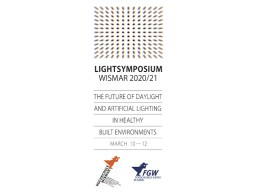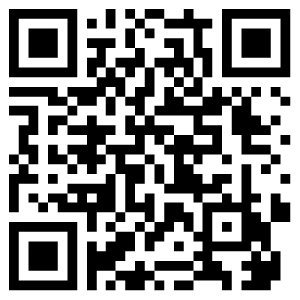
Light Symposium Wismar 2020/21 online registration opens

(Germany) – The online event, held 10-12 March to focus on daylight and artificial lighting in built environment.
Light Symposium Wismar 2020/21 (LSW), held online from 10-12 March, will focus on the ways in which daylight and artificial lighting coalesce in the built environment.
The three-day international online forum will look to bring together the latest insights with respect to research, theory, technologies, design and applications under the title The Future of Daylight and Artificial Lighting in Healthy Built Environments.
“The title of this year’s LSW event acknowledges a world that is changing dramatically, with human health and wellbeing at the forefront of global interest and concern,” explained the event organisers. “The impact of illumination and the opportunities this presents are hard to define right now, which is why they are the subject of our debate.
“Also, today and in the future, daylight and architectural lighting design need to better acknowledge the need for interdisciplinary collaboration between scientists, medical researchers, the lighting industry and lighting designers. Therefore, education and continuing education in the form of such an event is, and will remain, the basis for all development in the field of lighting design as a discipline and profession.”
Originally scheduled to be held as a face-to-face event at Wismar University in October 2020, the event was first postponed to March 2021, but has since been moved to an online format, in line with current Covid-19 framework conditions.
The event will feature a host of lighting and health experts from Germany and abroad, with 15 renowned speakers lined up from countries including Italy, France, Austria, Poland, Sweden, the UK and the USA. Each speaker will deliver insights about their field of expertise (architecture, daylight, lighting design, environmental science, biology, astronomy and medical science) through talks related to research and practice.
Four keynote speakers will deliver presentations across the event, including Assoc. Prof. Marie-Claude Dubois, from the Department of Architectural and Built Environment at Lund University, Sweden; Prof. Dr. George C. Brainard from Philadelphia University and Thomas Jefferson University; Mark Major, Senior Partner at Speirs Major; and Prof. Dr. Eva Schernhammer, from the Medical University of Vienna, Centre for Public Health in Austria.
Aalborg University Copenhagen (AAU) has also been announced as a new partner for the event, and will host the next Light Symposium, planned to take place annually in the Baltic Region, from 2022. AAU will host the event in alternation with KTH Royal Institute of Technology in Sweden, and Hochschule Wismar University of Applied Sciences, Technology, Business and Design in Germany.
Alongside the range of presentations, international research project Light4Health (L4H), implemented since 2018 within the framework of the EU’s Erasmus + Strategic Partnership funding programme, will host a public workshop during the Symposium. This workshop will include presentations and panel discussion from leading international universities in the field of lighting design, including Hochschule Wismar, KTH, AAU, Thomas Jefferson University, the University of Wolverhampton, and the Creative Lighting Department of Russia’s ITMO University. At the end of this session, a 30-minute film, Daylight Trilogy Part 1: Humans, produced by the Swedish Lund University, will be streamed.
The L4H project develops a novel education course to teach health research methods and findings to lighting designers at a graduate level. These educational resources will be accessible soon, as open access to all parties interested in the project. Further information can be found on the L4H website at www.light4health.net.
Although moved to a new format online, organisers are still hopeful that a large network of support will make LSW 2020/21 a success. Organisers have received broad support from 11 sponsors across diamond, gold and silver categories, as well as five event partners, eight international media partners whose focus is on light and/or architecture, six well-known associations and institutions in the specialist sector, and 12 international universities. The full list of supporters can be found on the conference website.




